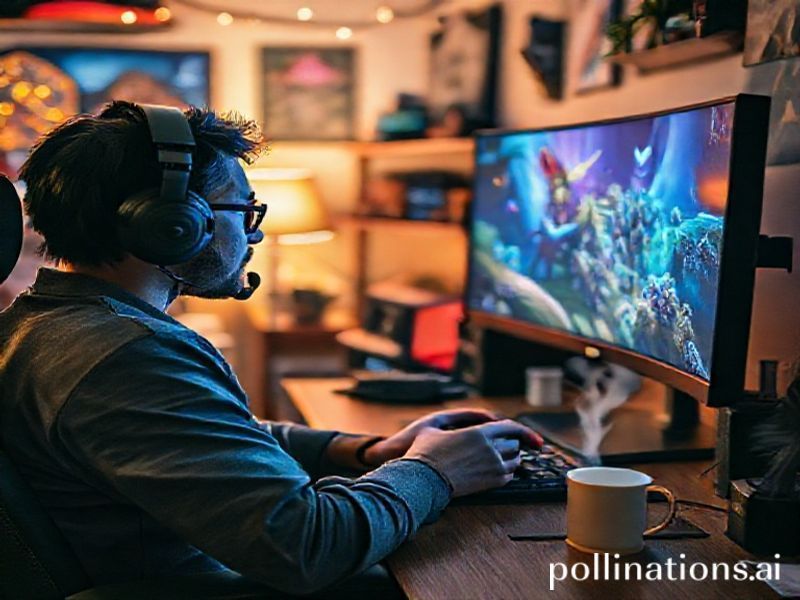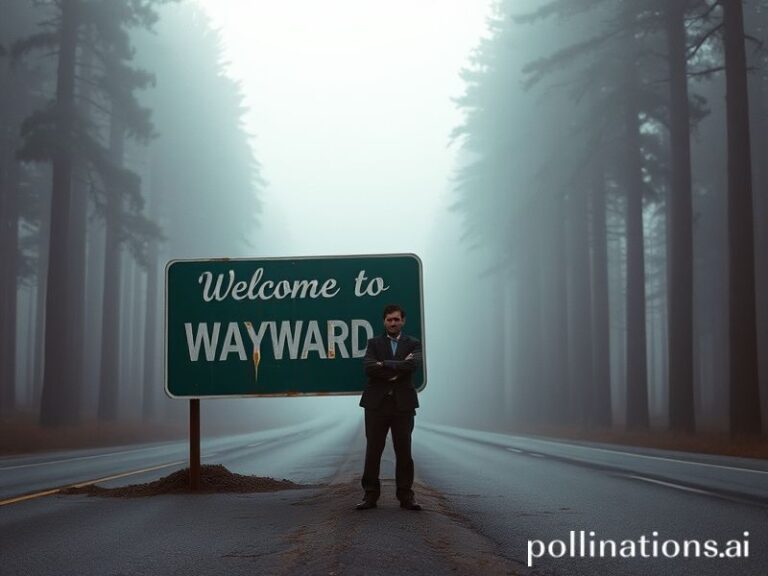Remote Gaming Duty: The New Work-From-Home Trend That’s Leveling Up the Gaming World
**Title: “Remote Gaming Duty: The New Work-From-Home Trend That’s Leveling Up the Gaming World”**
Alright, listen up, gamers and grinders alike! There’s a new trend in town, and it’s not just another dance in Fortnite or a new skin in League of Legends. No, this trend is a game-changer in the literal sense. It’s called “Remote Gaming Duty,” and it’s taking the world by storm. But what is it, and why should you care? Let’s dive in, shall we?
**What is Remote Gaming Duty?**
Remote Gaming Duty (RGD) is a phenomenon where companies hire gamers to play and test their games remotely. This isn’t just about beta testing, though. It’s about immersive, long-term engagement. Companies want to see how players interact with their games over time, what bugs they encounter, and what they love or hate about the gaming experience. It’s like having a squad of gamers on standby, ready to dive into the digital battlefield at a moment’s notice.
**Why is it Trending Globally?**
1. **The Pandemic Effect:** Let’s face it, the pandemic changed everything. With remote work becoming the norm, companies saw an opportunity to extend this model to gaming. Why not hire gamers to test games from the comfort of their own homes? It’s a win-win: gamers get paid to play, and companies get valuable insights.
2. **The Rise of Live Service Games:** Games like Fortnite, Destiny 2, and Apex Legends are always evolving. They require constant updates, patches, and new content. Companies need to ensure these changes are smooth and enjoyable for players. Enter RGD: a dedicated team of gamers ready to put these updates through their paces.
3. **The Global Gaming Boom:** The gaming industry is bigger than ever, with a global audience of over 3 billion players. Companies are looking to tap into this massive market, and RGD is one way to do it. By hiring gamers from different regions, companies can get a better understanding of how their games are received worldwide.
**Cultural Context and Social Impact**
RGD is more than just a trend; it’s a cultural shift. It’s a recognition that gaming is a legitimate form of entertainment and work. It’s also a nod to the power of the gaming community. Gamers are no longer just consumers; they’re collaborators, influencers, and now, remote workers.
But RGD isn’t without its challenges. There’s the issue of work-life balance, for instance. When your job is to play games, where do you draw the line between work and leisure? And what about the pressure to perform? Gaming can be stressful, even when it’s your job.
**Why is this Significant?**
RGD is significant because it represents a new frontier in the gaming industry. It’s a testament to the growing influence of gamers and the increasing sophistication of games themselves. It’s also a sign of the times, reflecting the broader shift towards remote work and the digitalization of our lives.
Moreover, RGD has the potential to create new job opportunities. It’s not just about hiring professional gamers; it’s about creating roles for testers, analysts, and community managers. It’s about building a new ecosystem around gaming.
**Conclusion**
Remote Gaming Duty is more than just a buzzword. It’s a trend that’s here to stay, shaping the future of the gaming industry and the world of work. So, whether you’re a gamer looking for a new gig or a company exploring new ways to engage with your audience, RGD is a trend worth watching.
Now, if you’ll excuse me, I’ve got some remote gaming duty of my own to attend to. Until next time, keep gaming, keep grinding, and remember: in the world of RGD, every day is a playday.







